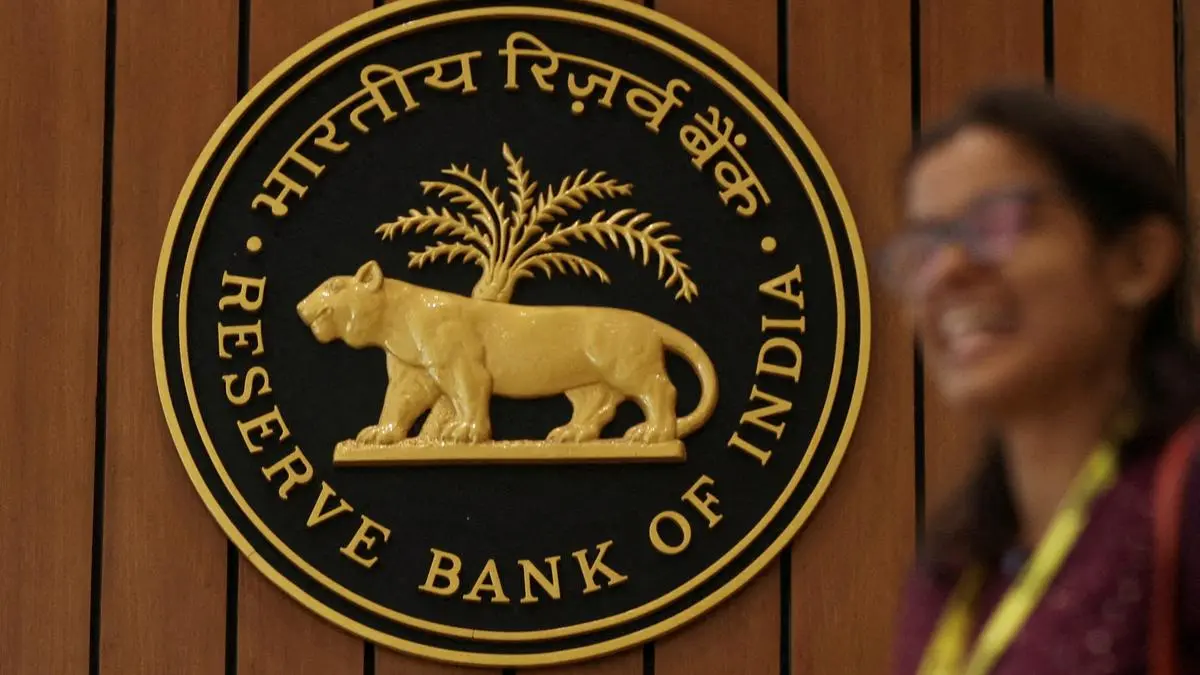Copyright timesnownews

Germany is one of the most popular upcoming study abroad destinations among Indians. As per data shared by the German Ambassador, Philipp Ackermann, there were nearly 60,000 Indian students in Germany as of September 2025, with a significant increase from 49,483 in the 2023-24 winter semester. The European country is known for its world-class universities, innovative research environment, and affordable education system. In Germany, sectors such as engineering, information technology, data science, management, and natural sciences have more experts (that translate into better educational institutions of these sectors), and also offer more job opportunities. But is it really free for Indian students to pursue a higher education degree in Germany? Are globally ranked universities in Germany? Are locals welcoming towards South Asian students? There are several such questions that one has before choosing whether or not to take the leap of faith and shift to Germany for higher education. In this article, we will answer some of these major queries. Almost Free of Cost One of the biggest advantages of studying in Germany is its tuition-free or low-cost education system. The biggest marketing done for 'Study in Germany' has usually been that pursuing a study abroad degree in Germany is completely free of cost. But is it really? Most public universities in Germany charge no tuition fees, even for international students. Students usually end up paying only a nominal semester contribution of around €250–€350 (Rs 25-35,000). This fee usually covers administrative costs and local transportation. However, the same cannot be said for private institutions that may charge between €5,000–€20,000 per year, depending on the course and university. Despite this, education in Germany remains far more affordable compared to other popular destinations like the US or UK. Having said that, students should remember that picking a private institution in Germany is very rare as the country has a good list of internationally renowned government universities. Globally Ranked Universities and English-Taught Programmes Germany is home to some of the world’s most prestigious institutions, including Technical University of Munich, Heidelberg University, RWTH Aachen, and LMU Munich. #UniversityQS World Rank 2025THE World Rank 20251Technical University of Munich (TUM)28262Ludwig-Maximilians-Universität München (LMU Munich)59383Heidelberg University84474RWTH Aachen University99925Karlsruhe Institute of Technology (KIT)102101–1256Humboldt University of Berlin126847Free University of Berlin130898Technical University of Berlin (TU Berlin)154136–1509University of Freiburg19211310University of Tübingen21378 Admission Requirements To apply for a Bachelor’s degree, Indian students must have completed 12 years of schooling and may need to undertake a one-year foundation course (Studienkolleg) if their qualifications are not directly recognized. For Master’s programmes, a relevant Bachelor’s degree from a recognised university is required. Language proficiency is essential: For English-taught programmes: IELTS or TOEFL For German-taught programmes: TestDaF or DSH Most universities also ask for transcripts, letters of recommendation, a statement of purpose, and proof of financial resources. Visa and Post-Study Options To study in Germany, students must apply for a student visa (Visum zu Studienzwecken) after receiving their admission letter. Applicants are required to show proof of funds (~€11,208 per year) in a blocked account to demonstrate financial self-sufficiency. After graduation, Germany allows international students to stay for up to 18 months (1.5 years) to search for a job related to their field of study. Once employed, they can transition to a work visa or EU Blue Card, paving the way for permanent residency. Cost of Living and Work Opportunities Living in Germany is comparatively affordable than many Western countries, with the biggest advantage being of good government policies. The average monthly cost of living ranges between €850 and €1,200 (Rs 87,000-Rs 1.2 lakh), depending on the city. Munich and Frankfurt are on the higher end, and the further you move away from these cities, the more affordable the country becomes (cities such as Leipzig and Dresden). Students can work part-time for up to 20 hours per week (120 full or 240 half days per year). Typical part-time jobs include research assistantships, tutoring, or work in restaurants and cafes. These opportunities can help students manage daily expenses while gaining real-life skills, learning local culture and expanding their social network. Learning From Indian Students' Experiences Indian students who have been studying in Germany for the past few years have taken to social media platforms (such as Facebook, X, Reddit, Instagram and more) to share their experiences of studying in Germany. A recent Instagram post, shared by Prathamesh Patil, talked about how the “dream life” may be just a facade. “The peak of happiness is crying, and the peak of sadness is laughing — whoever said that was absolutely right,” Patil wrote in the caption. He said he left India for Germany with “4 suitcases and big dreams.” However, he shared how the glitter of studying abroad masks the heavy cost, both in hardship and in heart. He recalled cramped living conditions where “9 people in a single apartment with 1 washroom.” He also recalled doing cleaning jobs, delivering groceries in freezing weather, working warehouses, being paid late or incomplete wages, scams by landlords, even briefly became homeless, and waited two years just to get a residence permit. Another Reddit user who relocated to Germany in 2022 for an MBA (Masters of Business Administration), suggested that “fluency in German, technical expertise a must” when trying to land a job in Germany. Another Reddit user also shared that "jobs are very less here since the economy went down … companies like Siemens receive 2000-3000 applicants for a single job posting." However, there are other Indians who have had very good experiences. A Reddit user studying an MSc in IT in Germany shared: “Friendly and helpful people… I once helped a young German lady carry her luggage. Her husband saw it, invited me into their apartment for coffee, and now we’re good friends.” He adds that in Berlin (a multicultural city) things are smoother if you know some German or show a willingness.



